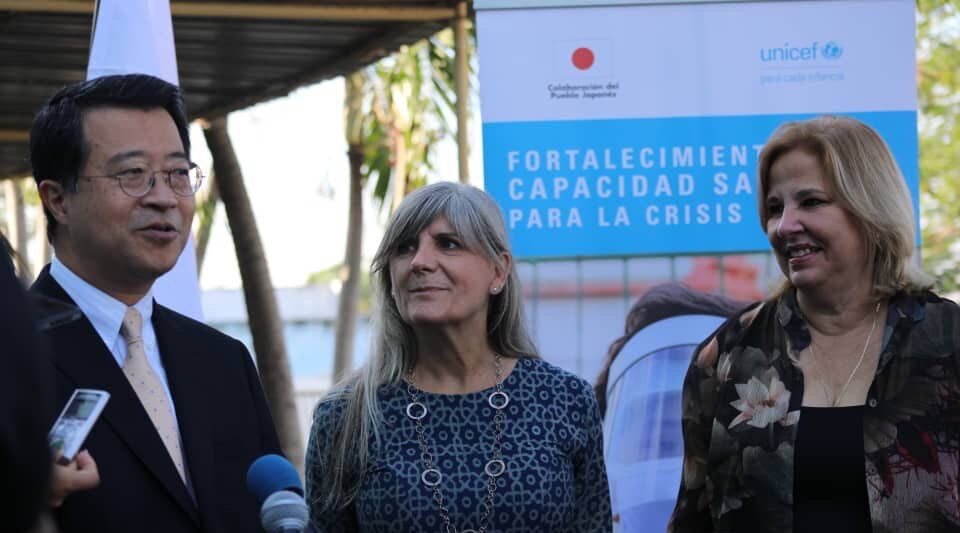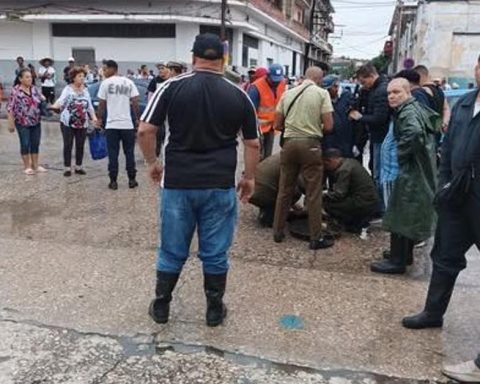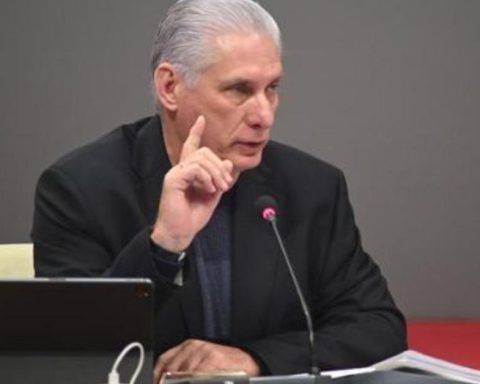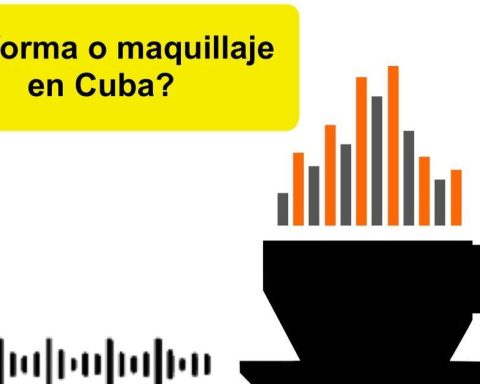The vaccines against covid-19 that the Government applies to the Cuban population are kept in refrigerators and temperature controllers donated by Japan through a project executed by the United Nations Children’s Fund (Unicef).
Diplomats from Japan and representatives of Unicef, together with the Health authorities, provided an assessment of the first year of execution of the project called “Strengthening the capacity of the national health system for the covid-19 crisis”, during the delivery of equipment to maintain the cold chain of the Lidia and Clodomira polyclinic, located in the Havana municipality of Regla and which cares for an average of 44,000 people.
In a note published by ‘Cubadebate’ it is explained that the donation from Japan benefits more than six million Cubans, 1.2 million of them children
In a note posted by cubadebate It is explained that the donation from Japan benefits more than six million Cubans, 1.2 million of them children. The project contemplates the delivery of inputs for the development of vaccines in the laboratories of BioCubaFarma, the Finlay Institute of Vaccines, and the Center for Genetic Engineering and Biotechnology (CIGB).
The teams benefit 13 hospitals, as well as 255 primary health care institutions in the provinces of Pinar del Río, Havana, Matanzas, Camagüey, Granma, Santiago de Cuba, Guantánamo and the special municipality of Isla de la Juventud.
Some 447 refrigerators qualified by the World Health Organization (WHO), temperature controllers, ice packs and freezers are some of the equipment donated to the Cuban government. The Japanese ambassador to the island, Hirata Kenji, assured that they have pending the delivery of more supplies that have not yet arrived in Cuba and that, in addition to reinforcing the cold chain, they have “a positive impact on the vaccination campaign of another type, as well as for scientific and technological research”.
Cuba detected its first case of covid-19 at the beginning of March and, since then, the infections have maintained the upward trend, as in the rest of the countries. The Government developed two antidotes against the virus that it has applied to more than 90% of the population, Abdala and Soberna, but neither has the approval of the emergency use of the WHO -according to Havana due to banking problems-, despite the fact that Abdala’s certification process began in April 2022.
The two serums are based on the RBD antigen, so they require less cold than those of messenger RNA (between 2 and 8 degrees compared to -70 for Pfizer or -20 for Moderna).
The first deputy minister of the Ministry of Foreign Trade, Ana Teresita González Fraga, assured that more than 90% of the population is immunized against the virus, including children over two years of age. “It is an achievement that allows us today to be in the conditions we are in,” said the official who also participated in the delivery of the Japanese donation.
“To the pride of Cuba, our children today are immunized against 13 diseases; eight of these vaccines are produced in our country, in our scientific centers,” added González Fraga, who did not miss the opportunity to blame the US embargo for the deficiencies in the system of health.
“It would have been impossible for Cuba to acquire vaccines for the entire population, the pharmaceutical transnationals would not have sold them to us. Not to immunize everyone”
“It would have been impossible for Cuba to acquire vaccines for the entire population, the pharmaceutical transnationals would not have sold them to us. Not to immunize everyone,” he added. However, the authorities not only refused to form part of the Global Access Fund for Vaccines (Covax), but also defended their strategy, alleging that national manufacturing has allowed them to immunize more widely and in less time than that of most countries.
The vice minister recalled that the cooperation of the Japanese government came at a time of “great tension” in the national health system due to a spike in infections and the breakdown of the oxygen factory.
Before the pandemic, Japan, through the Japan International Cooperation Agency (JICA), made donations to the Ministry of Health of medical equipment and spare parts for equipment used in pathology, imaging, and endoscopy. The Asian country has also contributed through the same body in the area of transport.
Likewise, the United Nations agency contributes each year with the donation of 70% of the doses of PRS vaccine -triple viral that immunizes against mumps, rubella and measles-, which is administered to Cuban children, said Carilda Peña García, Vice Minister of Hygiene and Epidemiology of the Ministry of Public Health.
________________________
Collaborate with our work:
The team of 14ymedio He is committed to doing serious journalism that reflects the reality of deep Cuba. Thank you for accompanying us on this long road. We invite you to continue supporting us, but this time becoming a member of our newspaper. Together we can continue transforming journalism in Cuba.















